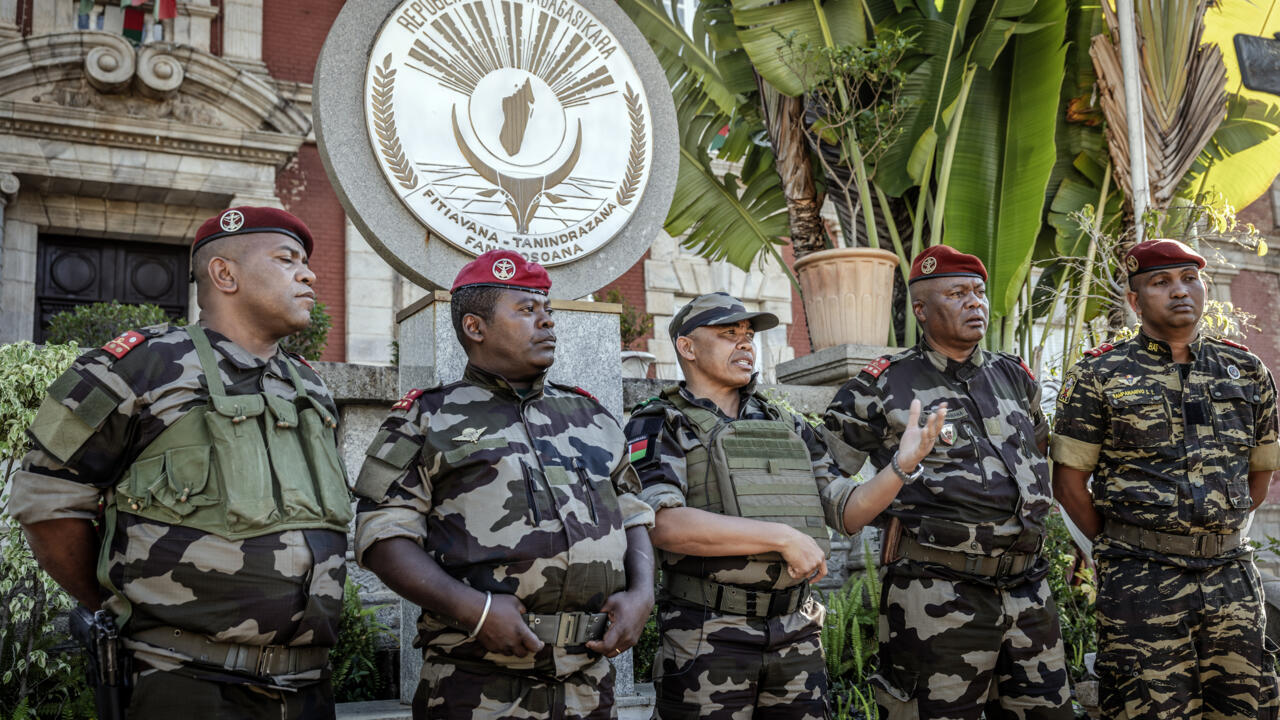
Madagascar has entered a new political chapter as Colonel Michaël Randrianirina, a former governor and ex-convict trained at the Antsirabe Military Academy, assumed leadership following the exfiltration of President Andry Rajoelina by France.
Originally from Androy in southern Madagascar, Colonel Randrianirina is a prominent figure in the Army Corps of Personnel and Administrative and Technical Services (CAPSAT).
His unusual background — including a brief imprisonment in 2024 — has been overshadowed by his growing public profile during the recent “Gen Z” anti-government protests. He earned popularity by publicly urging security forces not to shoot at demonstrators, although he has consistently denied direct ties to political movements or youth groups.
Initially, the colonel refused to take any political role. In interviews with Jeune Afrique and RFI, he stated: “I don’t hold power.
Control of the army, no, I don’t. It’s the Chief of the General Staff (CEMGA) who controls the army.” He also dismissed accusations of a coup, insisting: “I don’t think there was a coup d’état. The army simply showed that it still exists and responded to the call of the Malagasy people.”
The situation escalated on 14 October when the National Assembly voted to impeach President Rajoelina, with 130 votes in favor and one abstention. Following a failed attempt by Rajoelina to dissolve the Assembly, he left the country for security reasons, claiming he had not resigned.
In this context, Colonel Randrianirina stepped forward, announcing the army’s takeover at the Presidential Palace on 15 October. “We are here to take power because the crisis has gone on long enough, and we are going to take responsibility,” he declared, creating a Transitional National Defense Council (CDNT) composed of senior officers from the army, gendarmerie, and national police.
The High Constitutional Court later validated the transition, citing vacancies in the offices of President and Senate President, and invited Randrianirina to exercise interim head-of-state functions. This legal endorsement transformed what many viewed as a military coup into a constitutional transition.
Colonel Randrianirina pledged that a civilian government would be formed in the coming days to manage state affairs, with the National Assembly remaining operational while other institutions, including the Senate and Electoral Commission, are temporarily suspended. Presidential elections are mandated within 30 to 60 days, and the transition is capped at two years.
International bodies, including the African Union and SADC, have called for respect for constitutional order and a swift return to republican legality. Meanwhile, Rajoelina maintains that he has not resigned.
Acknowledging the uncertainty ahead, Colonel Randrianirina described the situation as “chaos,” attributing responsibility to previous leadership while positioning himself as the principal actor in a transitional period aimed at restoring stability and preparing for elections.



